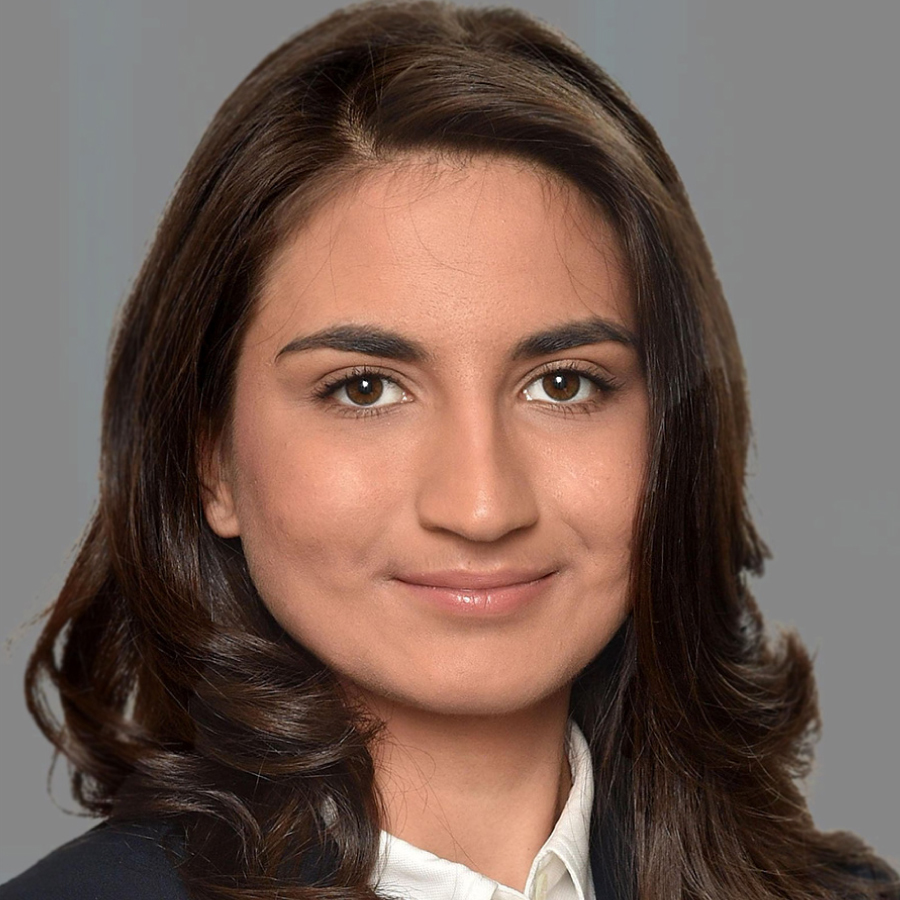Voice Cloning Class Action
Pollock Cohen recently won a series of key rulings in its class action case against AI voice generator Lovo. Federal Judge Paul Oetken of the SDNY ruled that the plaintiffs could proceed against the technology company for improperly cloning actors’ voices and selling them. Judge Oetken ruled that the plaintiffs could proceed on all breach of contract claims, violation of New York’s privacy law, violation of New York deceptive business practices statute, and one federal copyright claim. The court also gave the plaintiffs permission to amend their complaint to re-plead another copyright infringement count.
The complaint detailed how Lovo’s AI-driven software has allowed millions of customers to replicate actors’ voices – without the actors’ permission – and then use those professional voices in films, television shows, corporate presentations, educational videos, on websites, voicemail recordings, and dozens of other uses. Not only were these voices cloned without the actors’ permission, the actors were never appropriately compensated.
Read the opinion here.
Read the complaint here.
Featured News & Media
FAQs
A class action lawsuit is a way for a group of people who have suffered similar harms to bring a single collective case and share in any potential award. You become part of a group, with far more potential power than filing a lawsuit on your own—and at no cost to you.
Filing a class action lawsuit allows us to consolidate evidence, witnesses, and litigation expenses to make the lawsuit more efficient and effective. The collective “clout” of the class is typically far more effective than an action by any individual plaintiff.
No! The attorneys work on contingency, and only get paid if the case is successful. Any fees they may be awarded are determined by the court and paid by the defendant.















